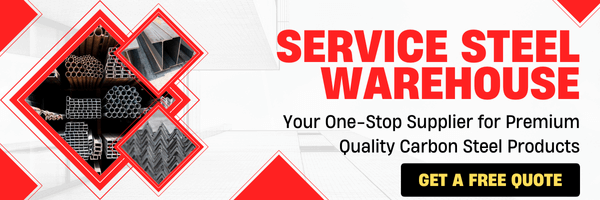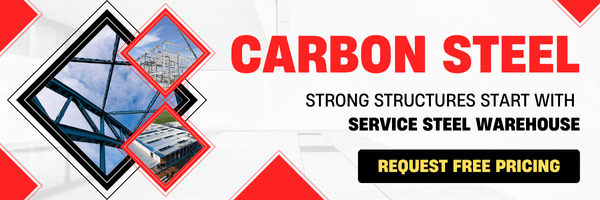Does Steel Rust? Understanding Corrosion & Prevention
April 1, 2025 | Categorized in: Properties
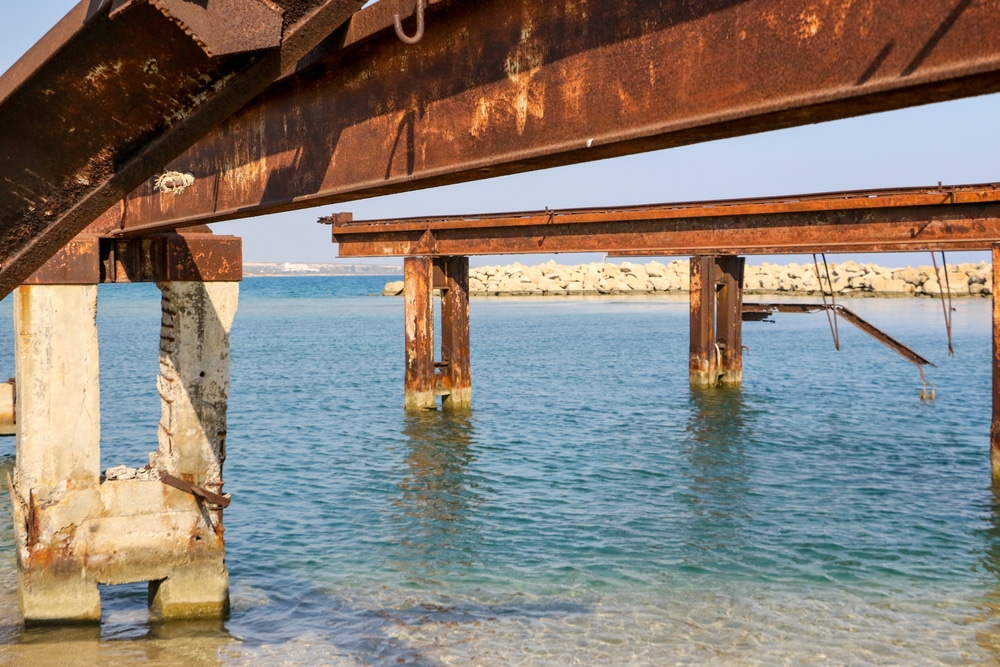
To put it most simply, yes, steel rusts, but the process and severity depend on the type of steel and environmental factors. Rust forms when iron in steel reacts with oxygen and moisture, creating a reddish-brown oxide layer. While rust can weaken steel over time, various treatments and alloys can minimize or prevent its formation, ensuring durability and long-term performance.
How Does Rust Form?
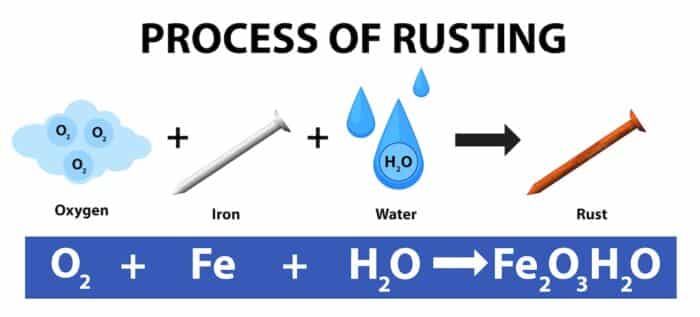
Rust forms through a chemical reaction known as oxidation, which occurs when iron or steel is exposed to water and oxygen. The presence of electrolytes, like salt, accelerates this process by enhancing the movement of electrons, leading to the creation of hydrated iron oxide—commonly known as rust. Without protective measures, the rusting process can compromise the integrity of the steel.
What is Rust Made Of?
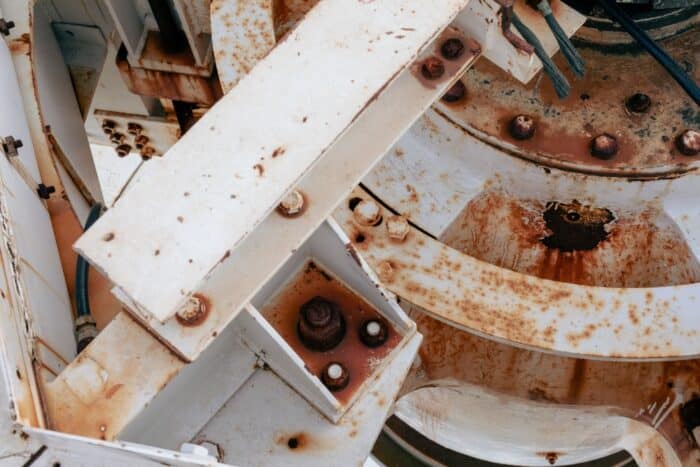
As mentioned, rust is primarily composed of iron oxide, Fe2O3, a chemical compound created when iron reacts with oxygen and water. This reddish-brown substance is porous and flaky, often expanding to several times the volume of the original metal, leading to structural weakening.
Corrosion vs. Rust
To clarify, corrosion is a broad term describing the chemical degradation of metals due to environmental exposure, such as oxidation or chemical reactions with acids, salts, or other substances. Meanwhile, rust is a specific type of corrosion that occurs only in iron and steel when they oxidize in the presence of water.
While all rust is corrosion, not all corrosion is rust. For example, aluminum corrodes but does not rust. Understanding this distinction helps industries choose the right materials and protection methods for specific applications.
Corrosion-Resistant Steel Properties
Corrosion-resistant steel is designed to resist oxidation and maintain its integrity in harsh conditions. This type of steel includes alloying elements like chromium or nickel that create a protective barrier against moisture and oxygen.
Properties of Corrosion-Resistant Steel Include:
- Self-healing protective layer
- Enhanced durability in harsh environments
- Resistance to pitting and crevice corrosion
- Improved strength-to-weight ratio
- Maintained structural integrity over time
- Reduced maintenance requirements.
- Extended lifespan compared to standard steel.
Does Steel Rust? Frequently Asked Questions
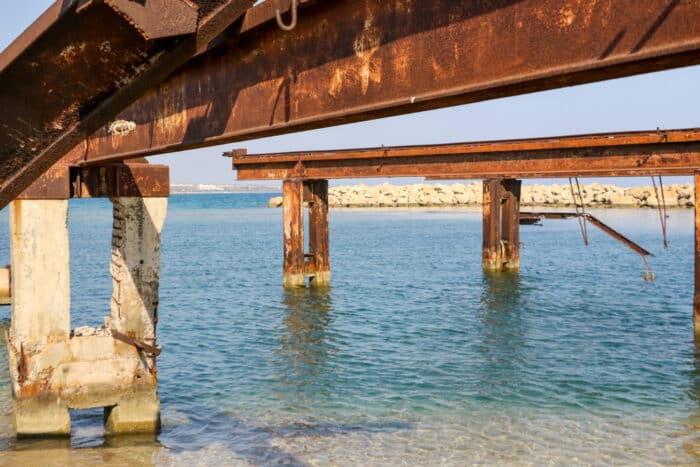
How Long Does it Take for Rust to Form?
The timeline for rust formation on steel can vary dramatically, from mere hours to several years. In highly corrosive environments, like coastal areas with salty air, visible rust can appear within 24-48 hours. Conversely, in dry, controlled environments, steel might resist rusting for years. Factors such as humidity, temperature fluctuations, and exposure to corrosive substances significantly influence the speed of rust formation.
Does Alloy Steel Rust?
Alloy steel can rust, but its susceptibility depends on its composition. The addition of alloying elements like chromium, nickel, or molybdenum can significantly enhance the steel’s ability to withstand rust formation. These elements work by forming a protective oxide layer on the surface, which acts as a barrier against further oxidation. However, it’s important to note that no steel is entirely immune to rust under all conditions.
Will Carbon Steel Rust?
Carbon steel, while renowned for its strength and versatility, can be vulnerable to rusting. Without the corrosion-resistant properties of alloying elements, carbon steel can begin to rust relatively quickly when exposed to moisture and oxygen. However, this doesn’t reduce its value as a high-quality material. To protect carbon steel from rust, various methods can be employed, such as galvanization, painting, or applying protective coatings. Regular maintenance can also significantly extend the life of carbon steel products.
Click here for more information on the galvanizing services that we provide.
Premium Quality Steel Suppliers Since 1965
When you understand rust and its effects on metals such as steel, you can make better decisions about choosing and maintaining high-quality products, helping them stay durable and reliable over time.
Service Steel has built a reputation on premium quality and exceptional service. We ensure that every steel product meets rigorous ASTM steel standards and exceeds expectations. Explore our extensive inventory of high-quality steel, all ready-to-ship for your projects. Request a free quote or give us a call today!
